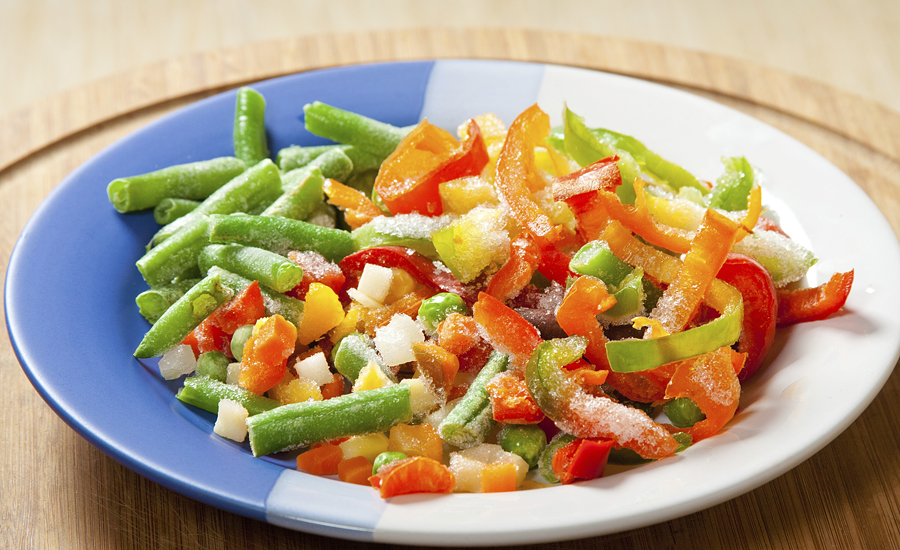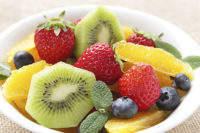Global IQF vegetable market poised to reach $2B by 2026
IQF potatoes, tomatoes and broccoli and cauliflower will remain in great demand.

The commercial advantage of keeping individually-quick frozen (IQF) vegetables in stock continues to drive their demand among retailers, grocery stores and independent fruit and vegetable vendors from around the world. The global demand for IQF vegetable is expected to rise on the account of their longer shelf lives, speedy processing of foods and robust supply chain. In fact, Future Market Insights, Valley Cottage, N.Y., projects that such factors will instrument a steady growth in global consumption of IQF vegetables. By the end of 2026, more than 25,000 tons of IQF vegetables will be sold across the globe, bringing in revenues worth over $2,000 million.
The report, "IQF Vegetable Market: Global Industry Analysis and Opportunity Assessment, 2016-2026," estimates that the global market for IQF vegetables is presently valued over $1,288.3 million, recording global sales of a little over 16,900 tons of IQF vegetable in the world. However, in terms of volume and value, the global IQF vegetable market is expected to showcase a moderate growth over the forecast period. Registering a value CAGR of 4.5% and a volume CAGR of just over 4%, the global demand for IQF vegetable is expected to be inhibited by:
- Increasing risk of consuming Listeria monocytogene bacteria through IQF vegetables.
- Strict regulations that forbid the use of IQF vegetable due to rising occurrence of bacteria and viruses.
- Fluctuating prices and availability of raw materials.
The report also reveals that out of prominently-consumed IQF vegetables in the world, IQF potatoes, tomatoes and broccoli and cauliflower will remain in great demand. Meanwhile, peas are expected to be observed as a top-selling vegetable in the global market, registering fastest revenue growth at 5.8% CAGR.
Over 70% of global IQF vegetable revenues are anticipated to be accounted by food applications. During the forecast period, the demand for IQF vegetable in food production is expected to gain traction. Toward the end of 2026, close to 60% of global IQF vegetable revenues accounted by food applications will be accounted by cooking food applications. Among the beverage applications of IQF vegetables, juices are expected to dominate global revenues by the end of 2026.
Large population coupled with preference toward frozen food and high disposable income contributed to a large share of the U.S. IQF vegetable market. Around 71% of vegetables sold in United States are in frozen form due to knowledge of frozen food and high income of individuals in the country. Many developing countries such as India and Russia are following the footsteps, since a large portion of the population can afford locally-produced IQF vegetables.
Key findings in the report currently indicate Western Europe as the largest market for IQF vegetable in the world. However, the region will witness a marginal decline in its market share toward the end of 2026. North America's IQF vegetable market is also expected to show a sluggish revenue growth at 2.2% CAGR. On the other hand, Latin America and the Asia-Pacific excluding Japan (APEJ) region are projected to remain fast-growing IQF vegetable markets, depicting an impressive value CAGR of over 7%. The most lucrative region for growth of IQF vegetable will be Middle East and Africa (MEA), with revenues slated to soar at 8.7% CAGR.
Looking for a reprint of this article?
From high-res PDFs to custom plaques, order your copy today!





